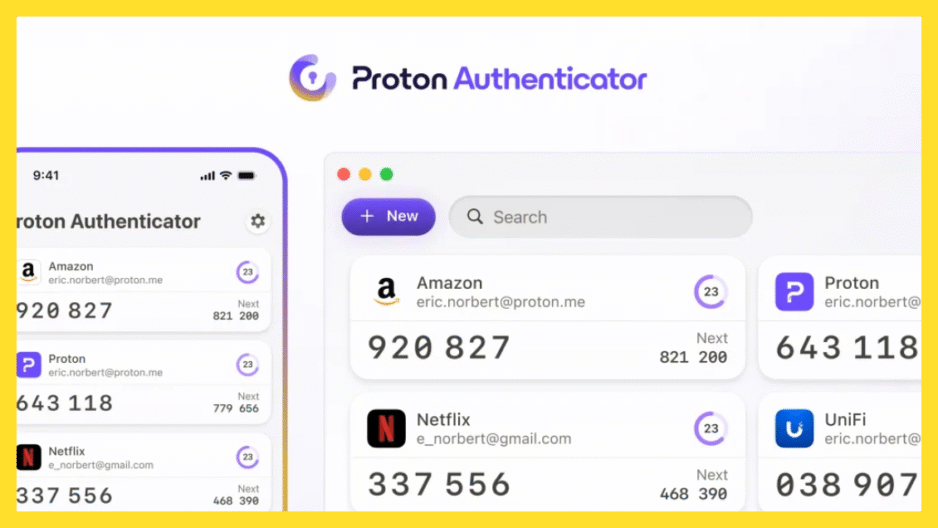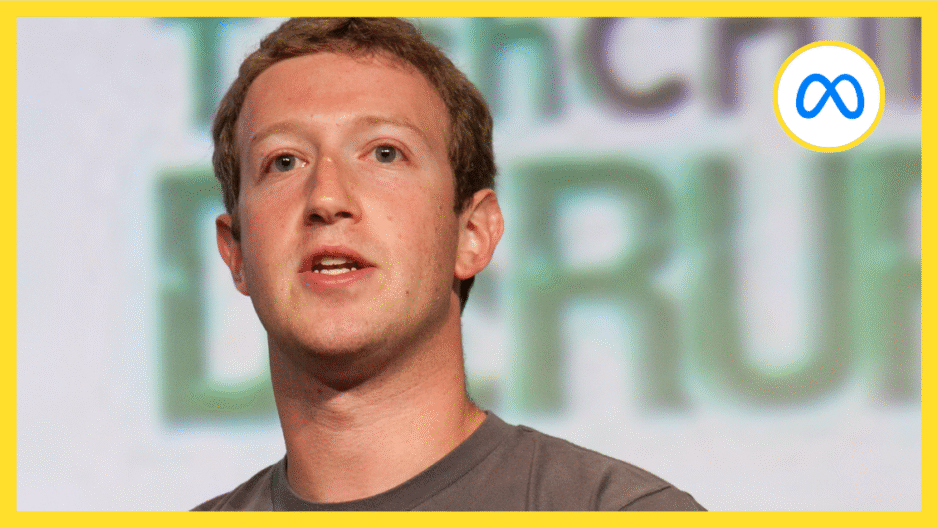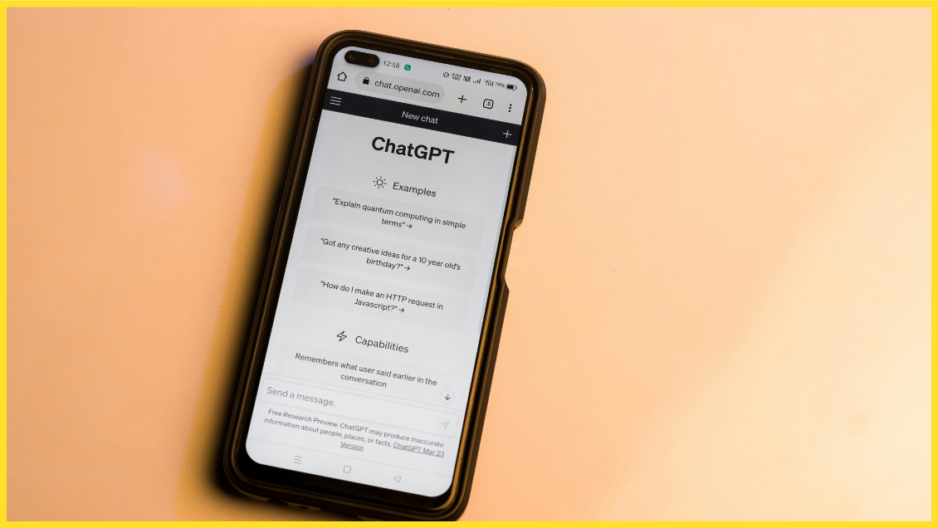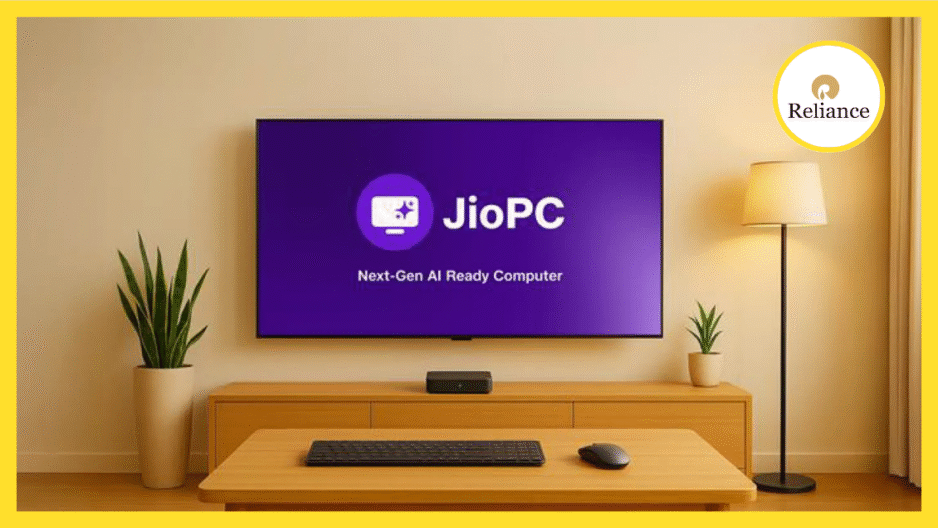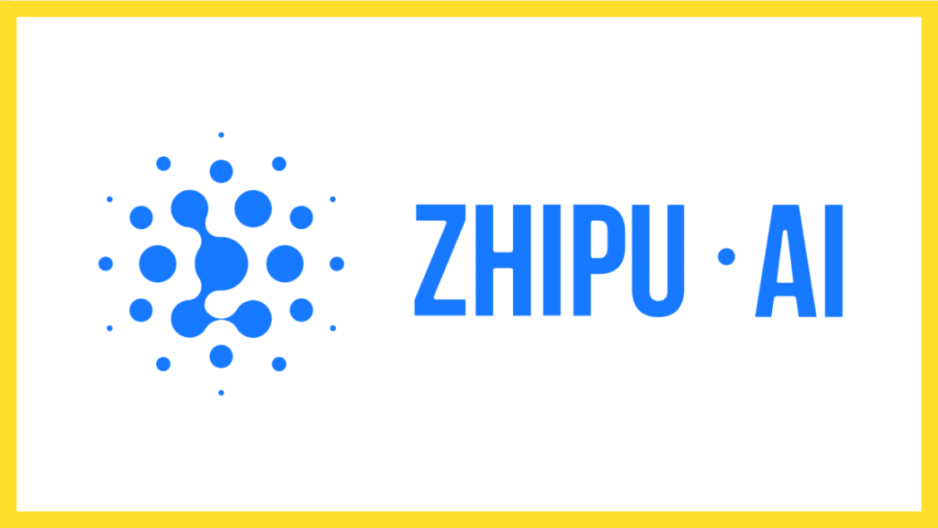Swiss-based Proton has unveiled its new Proton Authenticator, a free and open-source two-factor authentication app available on all major platforms. Designed with privacy at its core, the app offers secure, end-to-end encrypted backups and syncs across devices without ads or tracking. It functions offline and allows users to import existing 2FA tokens easily—all without requiring a Proton account for basic use. This launch is part of Proton’s larger effort to expand its ecosystem with privacy-centered tools, following the recent introduction of their AI chatbot, Lumo. Proton continues to stand out from mainstream tech giants by emphasizing user security, control, and transparency.
Read more: TechCrunch

